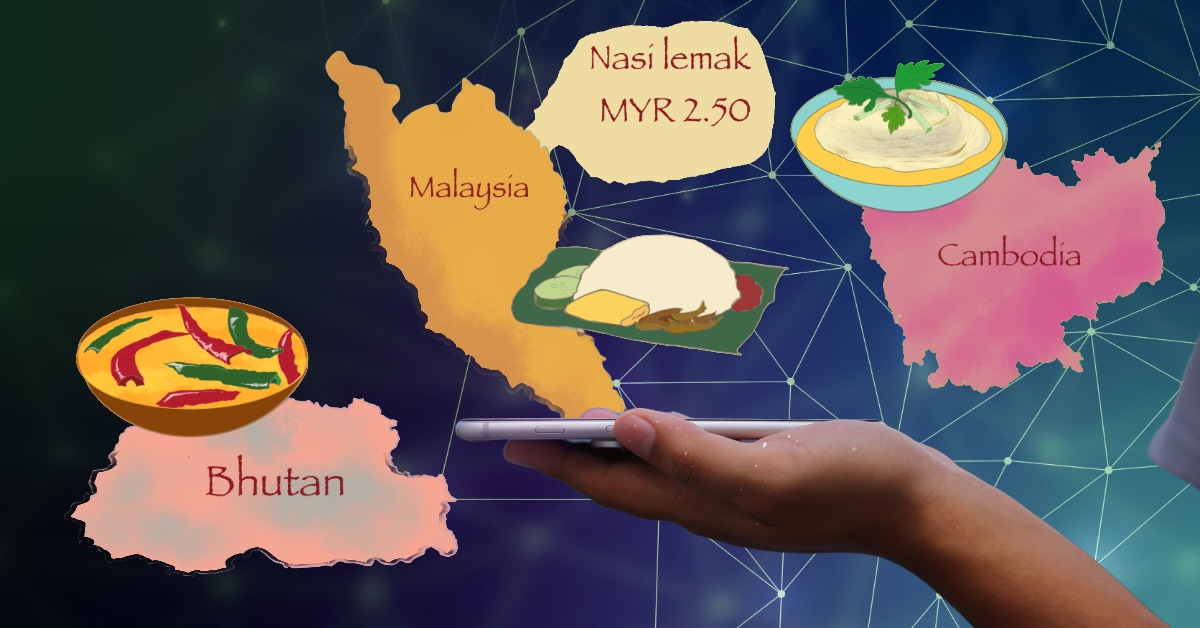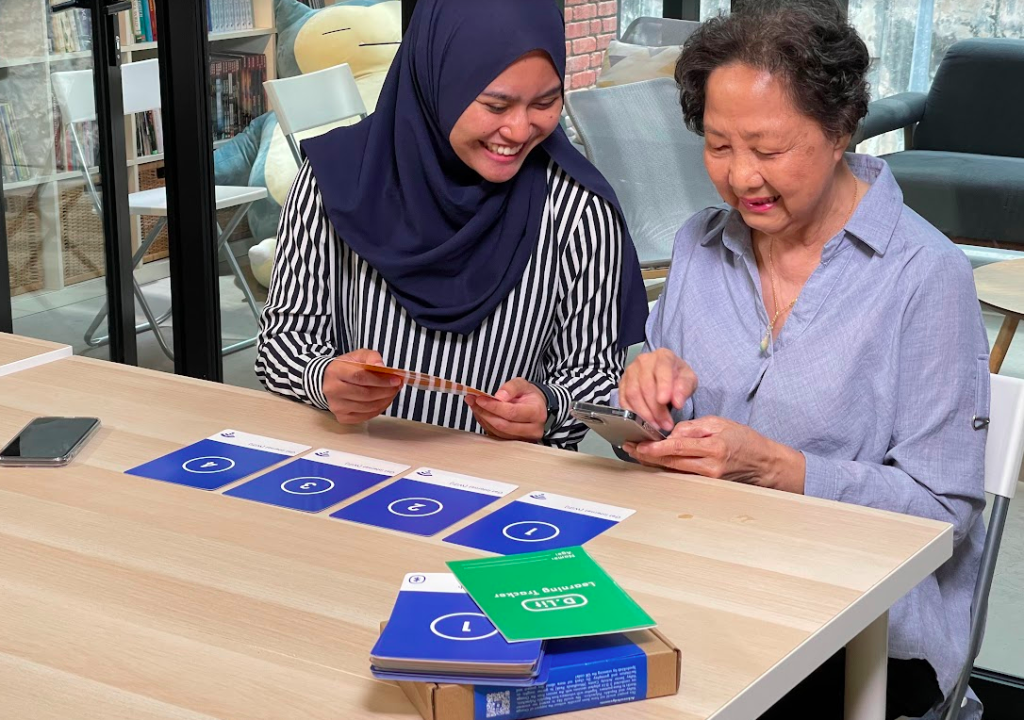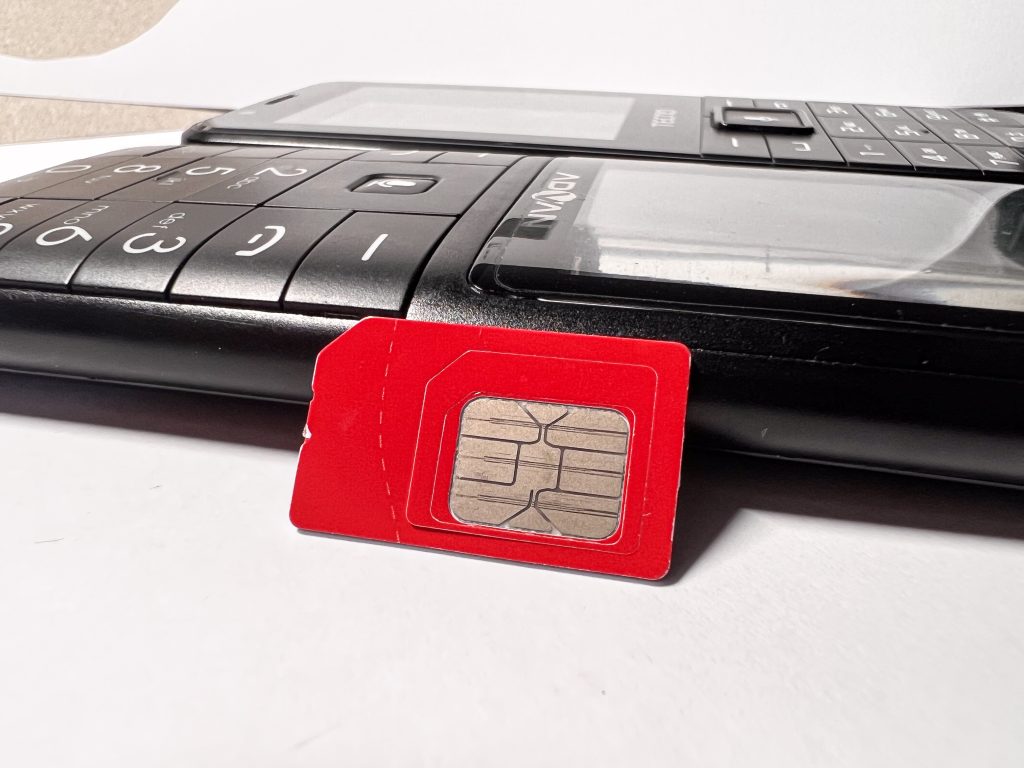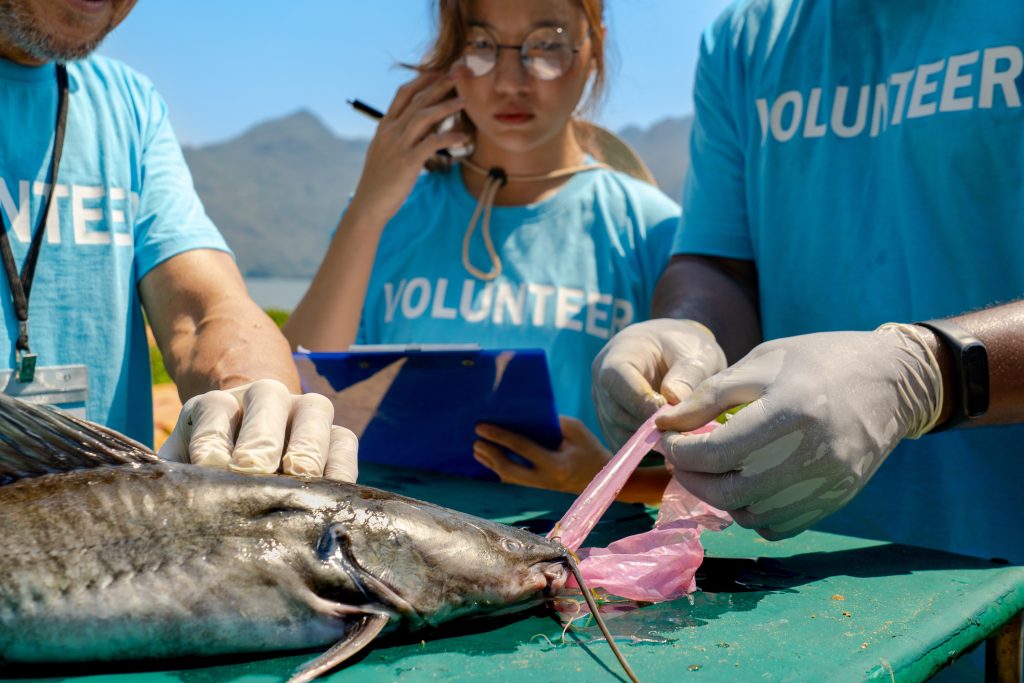There is little else better than tucking into food that is a good bang for the buck – a filling and flavourful meal. When we want to access the internet on the go, finding the perfect data package is no different. We look for a stable connection through a wide area of coverage, providing high speed internet everywhere we go. Most importantly, mobile data has to be affordable for daily use.
Going online is an inseparable part of the daily routine worldwide, almost as essential as mealtime. Especially for those at risk of falling behind the digital curve due to limited access, affordable mobile data is often a gateway for them to directly reap the benefits of internet access.
Inspired by how food has been used to indicate how pocket-friendly various goods and services are, such as the McDonalds Index, SpudnikLab compares the average price of 1GB of mobile data from ten countries to the price of an iconic local dish from those same ten countries, to explore mobile data affordability.
1. Singapore
Hainanese chicken rice is a common sight in Singapore’s hawker centres and restaurants. It is a plate of rice cooked in chicken stock, fragrant with garlic and ginger, and poached chicken drizzled in soy sauce, served with cucumber slices. Prices for this meal can be as affordable as SGD 2.80 (USD 2.07).
For the same price as one plate of chicken rice, you can buy 3GB of data in Singapore. This allows about 60 hours of internet browsing, two hours of high-quality video calls or 25 hours of navigating with an online map such as Google Maps on a smartphone.
2. Malaysia
For just around MYR 2.50 (USD 0.53), you can get a serving of nasi lemak in most parts of Malaysia. A versatile dish that can be eaten around the clock, its main ingredients are coconut rice, fried ikan bilis (dried anchovies) and peanuts, cucumbers and sambal chilli paste.
If you can afford a serving of nasi lemak, you could spend the same amount on 2.5GB of data in Malaysia, and get about 52 hours of internet browsing, 90 minutes of high-quality video calls or about 20 hours of navigating with an online map on a smartphone.
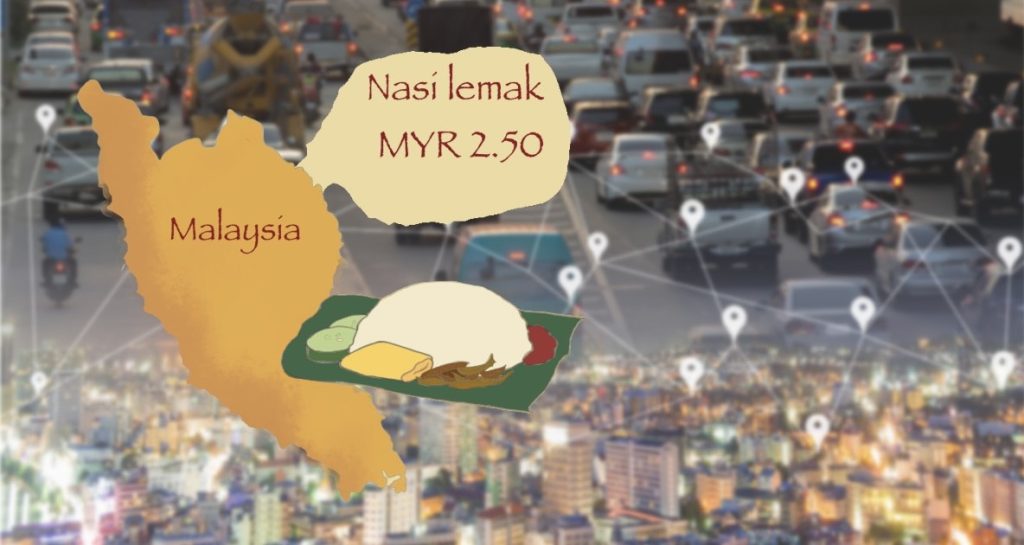
3. Indonesia
Nasi Padang is a common lunchtime meal for Indonesians. For as low as IDR 15,000 (USD 0.93) you can fill your plate with steamed rice, curry, egg with chili, and a choice of vegetables and meat.
For the price of one nasi padang meal, you can get around 3.5GB of data in Indonesia. With this amount of mobile data, you can browse the internet for around 70 hours, use high-quality video calling for 150 minutes, or navigate with an online map for 29 hours on a smartphone.
4. Vietnam
Although many variations of pho exist throughout Vietnam, a basic bowl of pho containing rice noodles and meat in a rich beef broth can be very affordable, priced around VND 30,000 (USD 1.18).
You can get around 4GB of mobile data for the same price in Vietnam, which allows you about 80 hours of browsing the internet, 168 minutes of high-quality video calling, or 33 hours of navigating with an online map on a smartphone.
5. Cambodia
Num banhchok, or Cambodian rice noodles, is a versatile everyday local food. You can find multiple versions of this dish around the country. It is often served in a fish-based green curry with vegetables and spices like lemongrass, ginger, turmeric and garlic. It can be priced as low as KHR 4000 (USD 0.98).
For this price, you can buy approximately 8GB worth of mobile data in Cambodia, which allows 160 hours of browsing the internet, five hours of high-quality video calling or 65 hours of navigating with an online map on a smartphone.
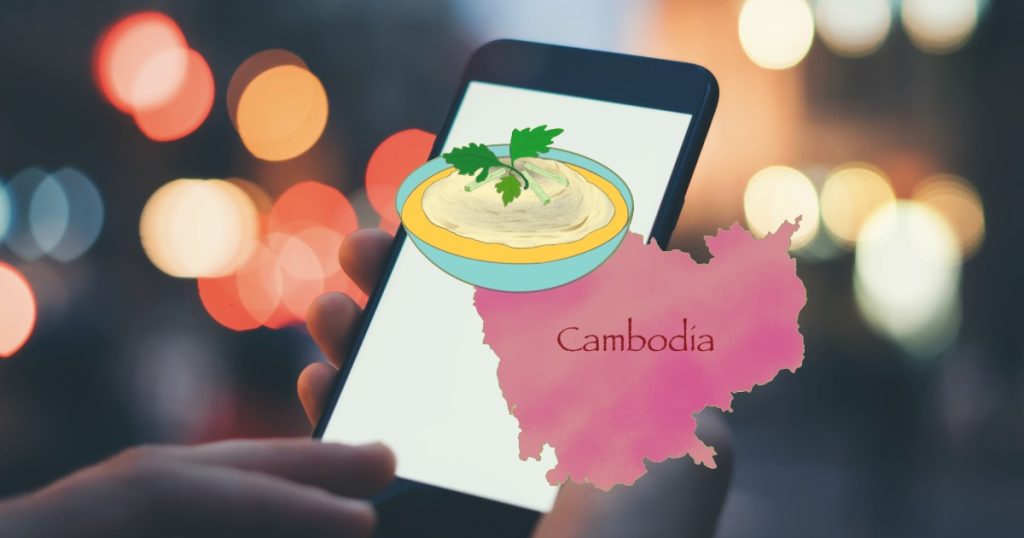
6. Philippines
Sinigang is known for its refreshing sour-savoury flavour combination, but it is also a pocket-friendly meal great for sharing. For around PHP 285 (USD 4.90), you can get a generous helping of meat and vegetables stewed in tamarind, fish sauce, onions, green chilli and tomatoes served with rice.
You can buy approximately 8.5GB of data in the Philippines for the same price. This allows you approximately 160 hours of internet browsing, five hours of high-quality video calling or 70 hours of navigating with an online map on a smartphone.
7. Brunei
For only BND 1 (USD 0.74), you can have Brunei’s fast food, nasi katok, a dish of plain rice, fried chicken and sambal wrapped in brown paper. The price of one serving of nasi katok is approximately equal to 0.4GB worth of mobile data in Brunei. This allows you eight hours of browsing the internet, less than 30 minutes of high-quality video calling or three hours of navigating with an online map on a smartphone.
8. Thailand
Pad Thai is one of the ubiquitous meals eaten in Thailand. It is a dish made of rice noodles, meat, eggs and bean sprouts, stir-fried with sauce and topped with peanuts. On the less expensive end of the price range, it can cost you around THB 40 (USD 1.09).
For the same price of a pad Thai, you can afford approximately 2.8GB of data in Thailand, which provides you with about 56 hours of browsing the internet, two hours of high-quality video calling or 23 hours navigating with an online map on a smartphone.
9. Bhutan
Ema datshi, a simple and delicious stew made of chilli peppers and yak cheese, is a staple in Bhutanese cuisine. It can be eaten on its own, or served with red rice and other side dishes. In local eateries, the price can go as low as around BTN 100 (USD 1.20).
You can buy approximately 1.7GB worth of mobile data at this price in Bhutan, allowing you 34 hours of browsing the internet, one hour of high-quality video calling or 14 hours of navigating with an online map on a smartphone.
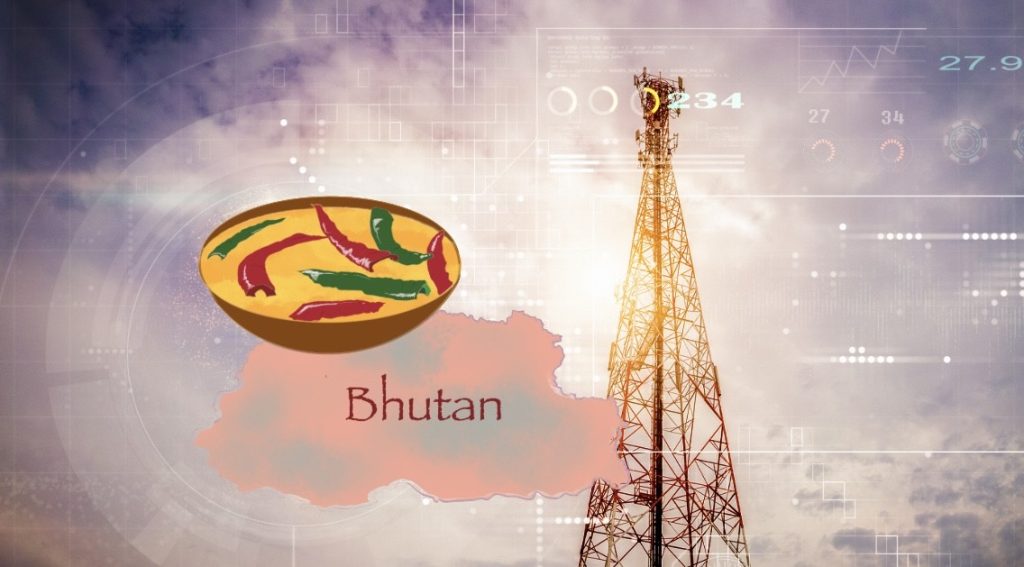
10. India
Variations of khichdi, a dish of rice and legumes, are eaten throughout the states of India. It is sometimes made with other ingredients like ghee, cumin seeds and vegetables. When dining out, khichdi is filling and can be inexpensive, costing about INR 150 (USD 1.80).
For this price, it is worth about 11GB of mobile data in India, the biggest allowance on this list. You have 220 hours of browsing the internet, seven hours of high-quality video calling or 90 hours of navigating with an online map on a smartphone!
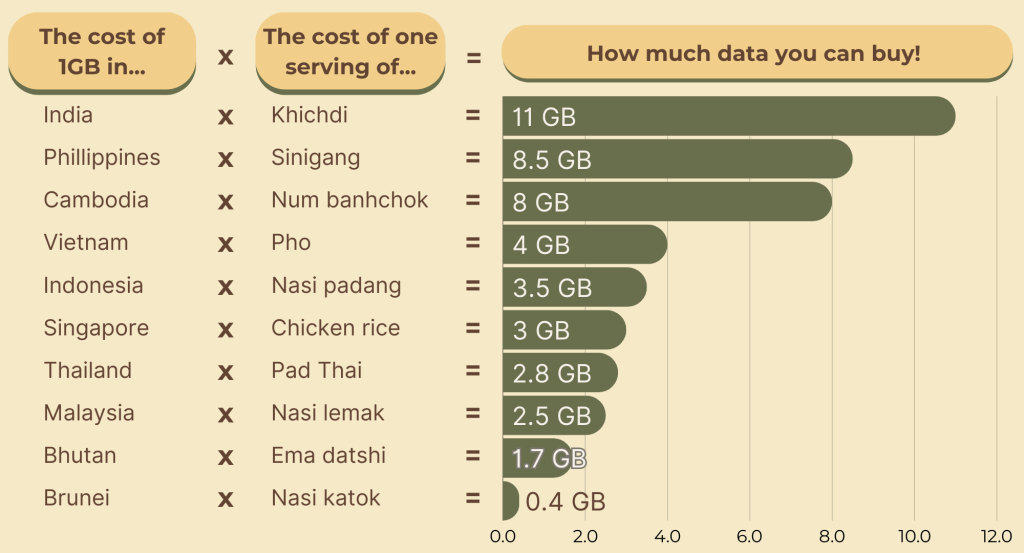
Cheap mobile data is good, but it takes more to get people online
While a low price barrier enables more people to access the internet, other important factors are also needed to bring the benefits of internet connectivity to everyone.
A secure internet infrastructure is one. It would be difficult for anyone to leverage the internet as a valuable tool without having a secure internet infrastructure in place, to encrypt and protect information. Without such a structure, internet users would be vulnerable to cyber attacks, scams and phishing, at risk of having confidential information divulged, or losing life savings.
How a country regulates the internet is also critical. The choices a government makes in internet regulation play a huge role in whether it is a trustworthy platform for everyone to communicate, learn and facilitate business activities on. In some parts of the world, websites are blocked or redirected to government-controlled websites, undermining free access to information. Conversely, fake news and misinformation in an open internet can damage a user’s trust about going online.
So, from SpudnikLab’s roundup of how the cost of 1 GB of data compares to the price of local dishes in selected Asian countries, India emerges the best place to go down rabbit holes googling the latest thing that’s piqued your curiosity, have endless video calls with your loved ones and roam the city with no fear of getting lost because your trusty online map won’t fail you. Having other factors in place like a secure internet infrastructure and regulation of the internet that promotes the freedom of information would check the other boxes for less privileged communities to be empowered to bridge the digital divide and harness the power of the internet for upward social mobility through digital services like education, healthcare and financial wellbeing.
Photo illustrations by Melissa De Silva. Copyright SpudnikLab.
